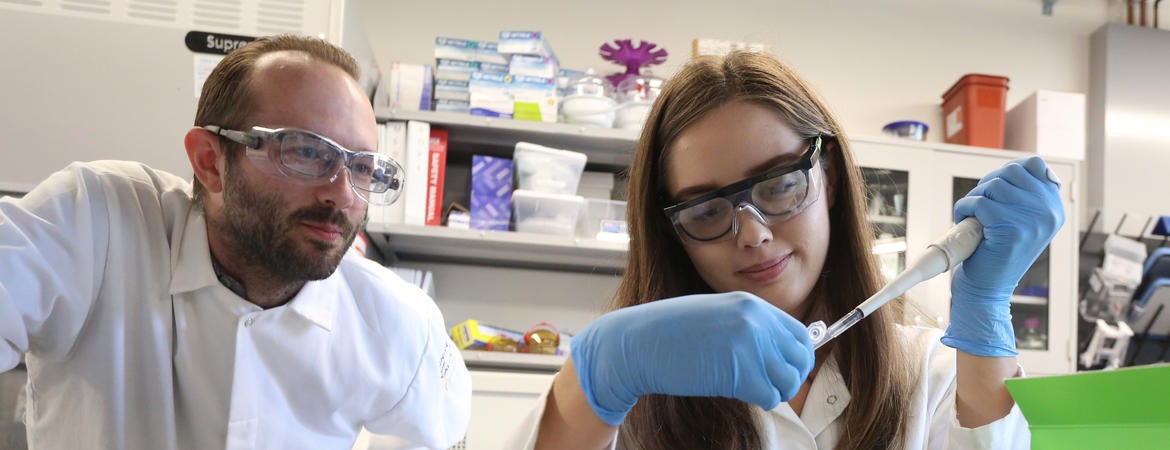
Nine assistant professors at the Marlan and Rosemary Bourns College of Engineering (BCOE) have been awarded the prestigious National Science Foundation (NSF) CAREER Award in 2021: four in the Department of Electrical and Computer Engineering, three in the Department of Computer Science and Engineering, Department of Bioengineering and Department of Environmental and Chemical Engineering. This year, BCOE’s total amount awarded surpasses $2.6 million for research projects that can improve autonomous agriculture, cloud computing efficiency, wound healing, and more.
NSF CAREER Awards are awarded to assistant professors to fund research that is expected to form a firm foundation for a lifetime of leadership in integrating education and research. BCOE’s 2021 CAREER Award recipients and the projects funded by the award are listed below.
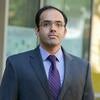
Salman Asif (Electrical and Computer Engineering) | “Optimized Sensing and Recovery for Computational Imaging” | Cameras have evolved tremendously over the past few decades, but there is still much room for improvement for cameras’ sensing capabilities and how they understand new environments under strict constraints. Asif will focus on developing novel methods to sense and process visual information while taking into account the constraints and requirements on data, sensors, algorithms, and machine vision and automation, and scientific/medical imaging.

Ahmed Eldawy (Computer Science and Engineering) | "Towards Exploratory Data Science on Spatio-temporal Big Data" | Eldawy’s project describes basic research towards building an end-to-end system that allows data science students and domain scientists to interactively explore spatio-temporal datasets. The goal is to enable data science on geospatial data for students, domain scientists, and citizen scientists.
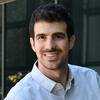
Konstantinos Karydis (Electrical and Computer Engineering) | “Morphological Computation for Resilient Dynamic Locomotion of Compliant Legged Robots with Application to Precision Agriculture” | Karydis will investigate how compliance embedded into a legged robot can be harnessed to facilitate control and computation, with an eye to enabling efficient and resilient navigation in real agricultural fields.
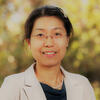
Yujie Men (Chemical and Environmental Engineering) | "A Systematic Understanding of Accelerated Emergence and Transmission of Antibiotic Resistance under Non-antibiotic Micropollutant Exposure" | Men will investigate the genotype-to-phenotype relationships that underpin the development and transmission of antibiotic resistance.
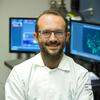
Joshua Morgan (Bioengineering) | “Mechanoaging: Understanding the Mechanical Forces that Drive Cellular Aging”| Morgan will focus on identifying the role of stiffness and mechanical force in spreading senescene, defined as when cells can no longer divide, from cell to cell – with implications for wound healing, cancer and aging.
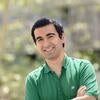
Samet Oymak (Electrical and Computer Engineering) | "Foundations of Resource Efficient Machine Learning" | Contemporary machine learning techniques tend to be resource-intensive, but novel methods can help unlock the full potential of the data science revolution. Omak will focus on developing theoretically-grounded algorithms to facilitate the design of machine learning models under application-specific resource constraints – with less human-annotated data, less computing power, and on a wider range of hardware platforms.

Vagelis Papalexakis (Computer Science and Engineering) | "Autonomous Tensor Analysis: From Raw Multi-Aspect Data to Actionable Insights" | When algorithms assess whether or not an article is trustworthy, they analyze multiple data points such as the text, images, author, publication date, and number of times it has been shared on social media. This type of analysis, called current tensor analysis, can be effective and powerful. Unfortunately, this approach is labor-intensive: requiring lots of trial-and-error tuning, familiarity with tensor methods, and domain expertise in the target application. The solution, as Papalexakis sees it, is to democratize unsupervised exploratory tensor analysis – making it more accessible while producing actionable insights from the data. Read more.

Chengyu Song (Computer Science and Engineering) | "Scalable Concolic Execution" | Software vulnerabilities are major threats to cybersecurity. Concolic execution, or dynamic symbolic execution, is a powerful program analysis technique to find vulnerabilities. Song aims to advance the scalability of concolic execution via machine-learning-guided path pruning and fast path constraint collection and solving.
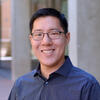
Daniel Wong (Electrical and Computer Engineering) | “Towards Efficient Accelerated Cloud Data Centers” | More people than ever are using compute accelerators, such as Graphical Processing Units (GPUs), in cloud data centers. However, existing cloud management software introduces layers of abstraction that lead to inefficient and lack of coordination. Wong will design efficient accelerated cloud data centers that can improve application performance, improve hardware resource utilization, and reduce energy consumption; leading to greener data centers and reduced carbon footprint.